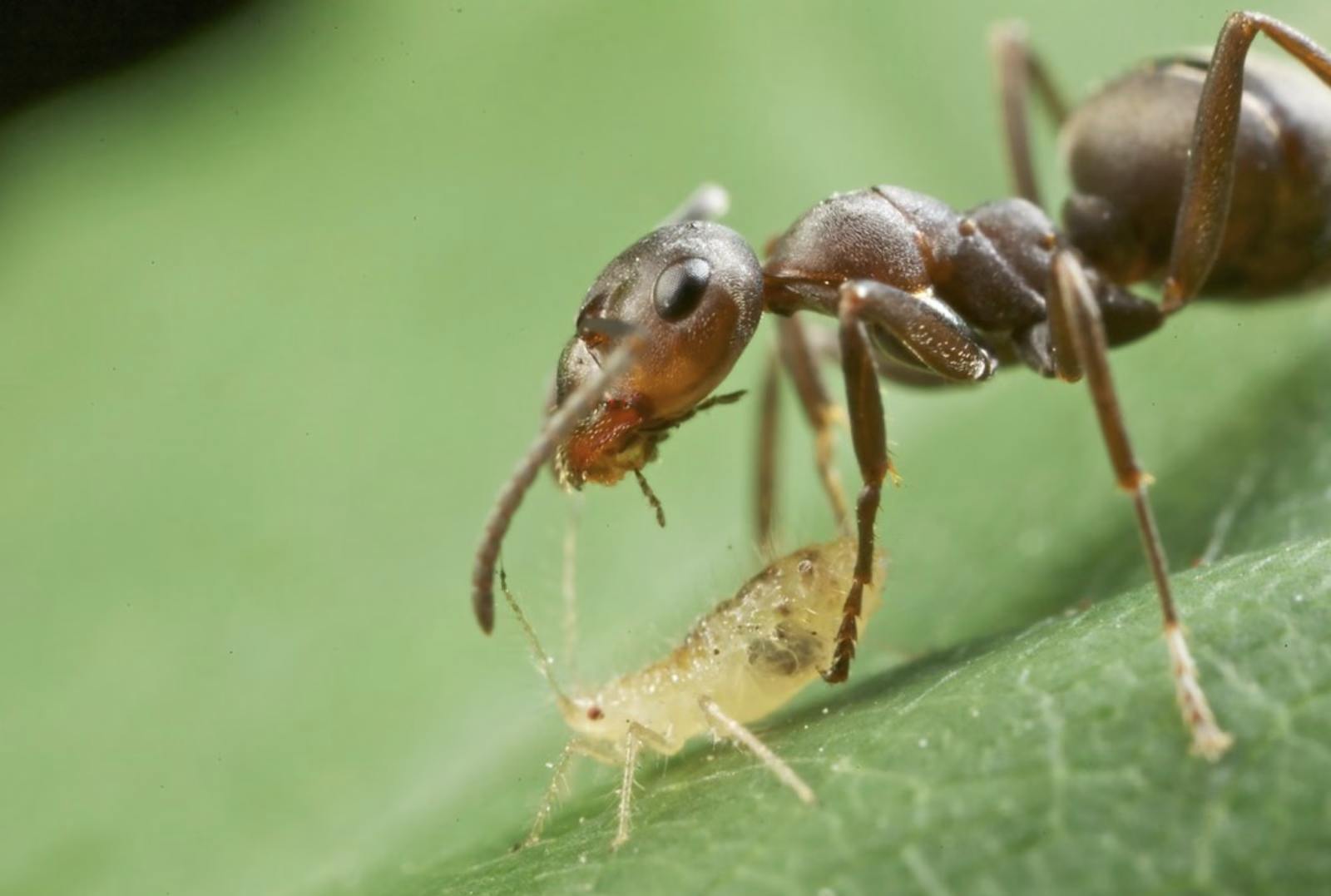
"Over many generations - through deliberate selection, crossing and interbreeding - humans 'created' the domesticated creatures we have and use today."
"For domestication to occur, there must be deliberation. It's insufficient for two species to co-evolve and form a symbiotic relationship, which is known as mutualism."
"Domestication refers to the process where humans adapt wild plants and animals for food, work, companionship and other purposes."
"Wolves began scavenging near human settlements. Their presence likely proved beneficial to humans by deterring other animals."
Domestication is a complex process wherein humans selectively breed wild plants and animals to enhance their traits for food, work, and companionship. This process has led to significant genetic, physical, and behavioral changes over generations. Not only humans engage in domestication; other species like ants and certain plants also exhibit forms of domestication. Furthermore, for true domestication to occur, intentionality and selection on the part of the domesticator are necessary, distinguishing it from mutualistic relationships formed through co-evolution.
Read at Hackernoon
Unable to calculate read time
Collection
[
|
...
]